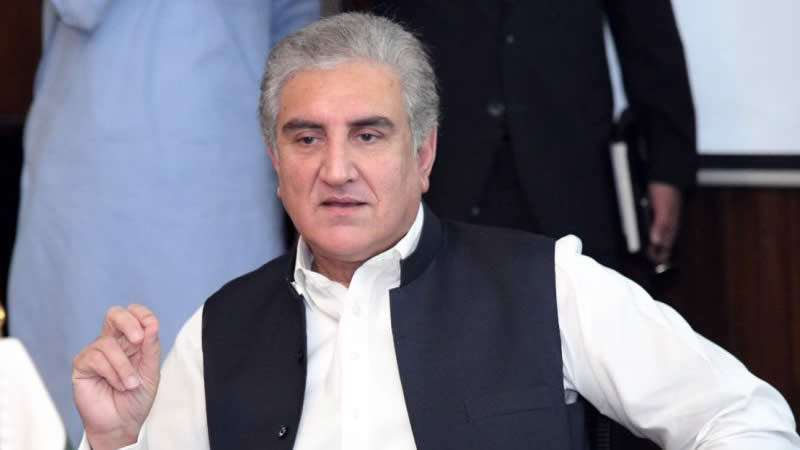 NEW DELHI: Criticism mounted Monday against an Indian activist’s hunger strike, with public figures saying it threatens democracy and verges on demagoguery, even as thousands crowded his protest demanding stronger anti-corruption legislation.Indian Booker prize-winning author Arundhati Roy launched a scathing attack Monday on the “aggressive nationalism” behind the anti-corruption drive led by hunger-striking campaigner Anna Hazare.In a column entitled “I’d rather not be Anna” published in The Hindu newspaper, the novelist, essayist and rights activist condemned both the style and substance of Hazare’s campaign that has mobilized public opinion in India. In particular she questioned Hazare’s use of the hunger strike and other tactics and symbols co-opted from his hero — India’s independence icon Mahatma Gandhi.”While his means may be Gandhian, Anna Hazare’s demands are certainly not,” Roy said.One of India’s top Islamic clerics as well as the most prominent seat of Islamic learning in India, cautioned Muslims on Monday against joining the anti-graft drive, saying its leader Hazare lacked secular credentials.
NEW DELHI: Criticism mounted Monday against an Indian activist’s hunger strike, with public figures saying it threatens democracy and verges on demagoguery, even as thousands crowded his protest demanding stronger anti-corruption legislation.Indian Booker prize-winning author Arundhati Roy launched a scathing attack Monday on the “aggressive nationalism” behind the anti-corruption drive led by hunger-striking campaigner Anna Hazare.In a column entitled “I’d rather not be Anna” published in The Hindu newspaper, the novelist, essayist and rights activist condemned both the style and substance of Hazare’s campaign that has mobilized public opinion in India. In particular she questioned Hazare’s use of the hunger strike and other tactics and symbols co-opted from his hero — India’s independence icon Mahatma Gandhi.”While his means may be Gandhian, Anna Hazare’s demands are certainly not,” Roy said.One of India’s top Islamic clerics as well as the most prominent seat of Islamic learning in India, cautioned Muslims on Monday against joining the anti-graft drive, saying its leader Hazare lacked secular credentials.
Darul Uloom, Deoband, distanced itself from Hazare’s stir against corruption and refused to jump in the protests.”I have advised all Muslims to stay far away from Anna Hazare, because he has done nothing for Muslims,” Syed Ahmed Bukhari, the imam of Delhi’s Jama Masjid said.”Today he is fasting against corruption, but in all these years he has never even fasted half a day when communal riots occurred in the states of Gujarat and Maharashtra, killing so many people,” he said.Hazare, 74, is on the seventh day of the fast to pressure the government into accepting an anti-graft bill drafted by him and his associates, which he claims will tackle corruption effectively.
Bukhari took a swipe at the activist for calling himself a follower of independence leader Mahatma Gandhi, who used hunger strikes to great effect while fighting against British rule.”Hazare is not a secular man. Gandhi united Hindus and Muslims, he took the whole country with him in the freedom struggle,” he said.He particularly criticized Hazare for publicly praising Gujarat state Chief Minister Narendra Modi, who is a divisive figure in India after communal riots in the state nine years ago left some 2,000 people dead, mostly Muslims.Bukhari also objected to the campaign’s use of the slogan “Vande Mataram” (Hail to the Motherland) to rally its supporters, saying it was blasphemous for Muslims.
Vande Mataram was a hymn invoked during India’s independence struggle, but remains controversial among religious minorities due to certain verses that liken India to the Hindu deity Durga.Tens of thousands have gathered every day to watch Hazare fast in Delhi’s Ramlila grounds, an open-air venue where the veteran activist is enacting his hunger strike.He has been given official permission to fast there until Sept. 2.
Roy, while agreeing that the government bill was so flawed “that it was impossible to take it seriously,” she said Gandhi would have been dismayed by Hazare’s vision of an all-powerful, centralized ombudsman.”It will function as an independent administration, meant to counter the bloated, unaccountable, corrupt one that we already have. Two oligarchies instead of one,” Roy said.
Roy, a vocal government critic, said she was dismayed by “the props and the choreography, the aggressive nationalism” of the Hazare movement. “They signal to us that if we do not support the fast, we are not ‘true Indians’,” she said.”Who is he really, this new saint, this Voice of the People?” she asked, accusing Hazare of remaining silent on other issues like farmers’ suicides in his home state of Maharashtra.
More than 70 civil society leaders including artists, students, doctors, lawyers and rights advocates sent a letter to the prime minister accusing Hazare of masquerading as the leader of an all-inclusive movement. “Only the naive would fail to notice the organized forces that are behind Anna Hazare’s campaign,” it said, accusing a Hindu nationalist group of stoking the campaign.
Hazare’s insistence, through a hunger strike, that only his proposal can fix the problem has also unnerved civic leaders who dispute the impression that Hazare and his team represent all of India.”Their distrust of Parliament is hazardous and also unjustified by past experience of free India,” Harsh Mander, an activist who sits on the National Advisory Council that helps set government social policy, wrote in the Hindustan Times.
Representatives of India’s bottom-caste dalits, or untouchables, said Hazare’s bill ignored protections needed most by the poor.”It is an upper-caste, middle-class movement and it addresses their issues — such as bribes paid to the police or at passport offices. Peasants, vulnerable sections, don’t fall in their purview,” dalit activist Arun Khote was quoted over the weekend as saying by Business Standard newspaper.Arabnews












